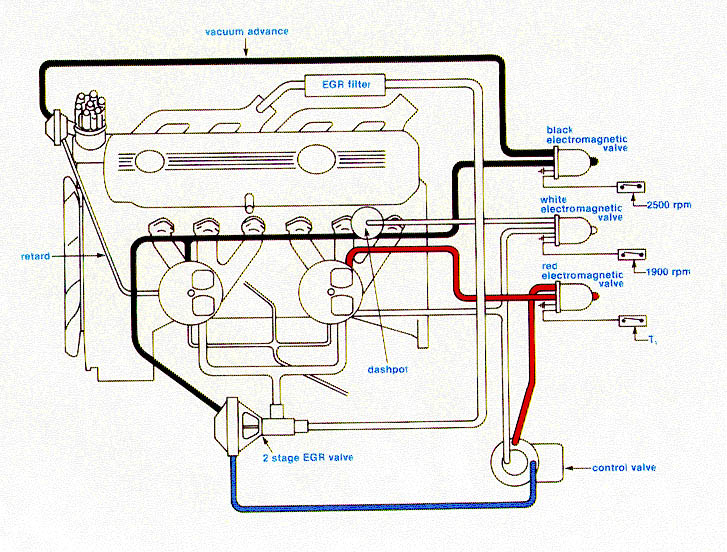brian c
Member
Here's my scenario: My new to me '74 bucks a little at low rpm but runs smoothly to 3k, little rougher to 4.5k and then falls flat almost like it hitting a rev limiter. The had been sitting for a bit before I bought it and had two carb rebuild kits in the trunk so I figured fuel delivery was the problem and the carbs were to blame.
Here's the work I have done which has not improved anything significantly:
New spark plug wires
New fuel filter
New bosch blue coil
Points swapped out for Pertronix
Fresh fuel, new fuel lines, checked tank and pickup
Set timing on ball
New cap and rotor
No valve noise, compression check good and even between cylinders. 68k on engine, very clean looking under valve cover. Plugs all look good and even in color. Engine will rev to 6k plus in neutral.
Currently have at very reputable carb shop who has rebuilt the zenith carbs, dyno'd and is stymied too that the problem still exists. It feels like an ignition problem to both them and me but I'm not sure what else I can try to replace or fix in the ignition system. Any ideas on what to try next?
Here's the work I have done which has not improved anything significantly:
New spark plug wires
New fuel filter
New bosch blue coil
Points swapped out for Pertronix
Fresh fuel, new fuel lines, checked tank and pickup
Set timing on ball
New cap and rotor
No valve noise, compression check good and even between cylinders. 68k on engine, very clean looking under valve cover. Plugs all look good and even in color. Engine will rev to 6k plus in neutral.
Currently have at very reputable carb shop who has rebuilt the zenith carbs, dyno'd and is stymied too that the problem still exists. It feels like an ignition problem to both them and me but I'm not sure what else I can try to replace or fix in the ignition system. Any ideas on what to try next?


